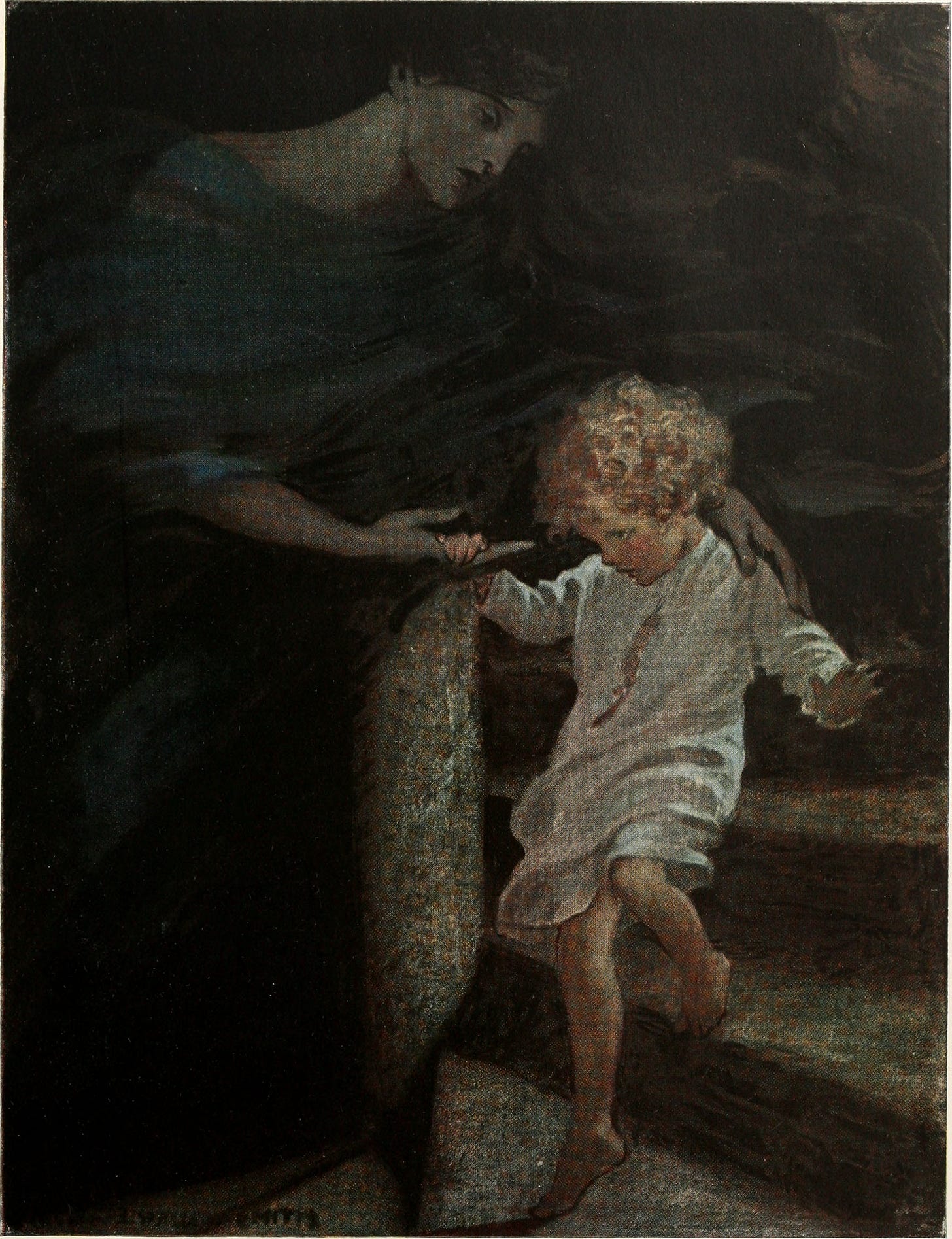Today’s Poem: The Birthnight
Walter de la Mare and the otherworldly marvel of a newborn child

Keep reading with a 7-day free trial
Subscribe to Poems Ancient and Modern to keep reading this post and get 7 days of free access to the full post archives.



